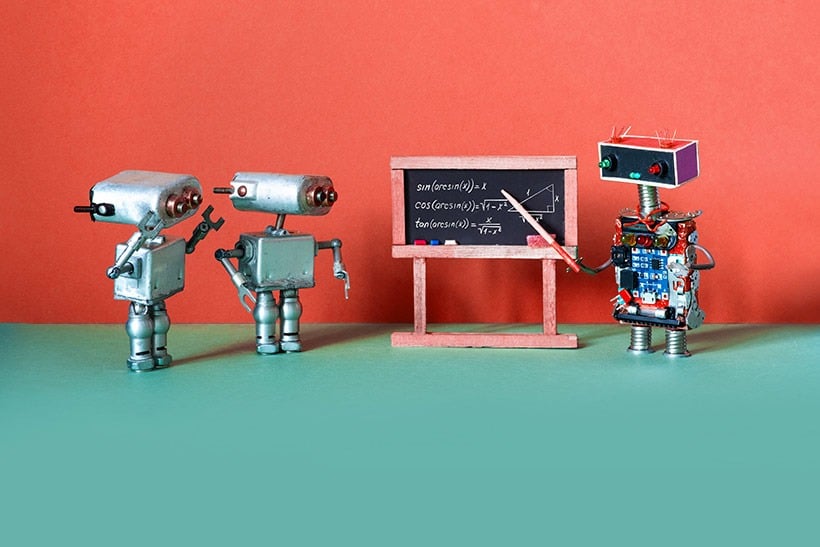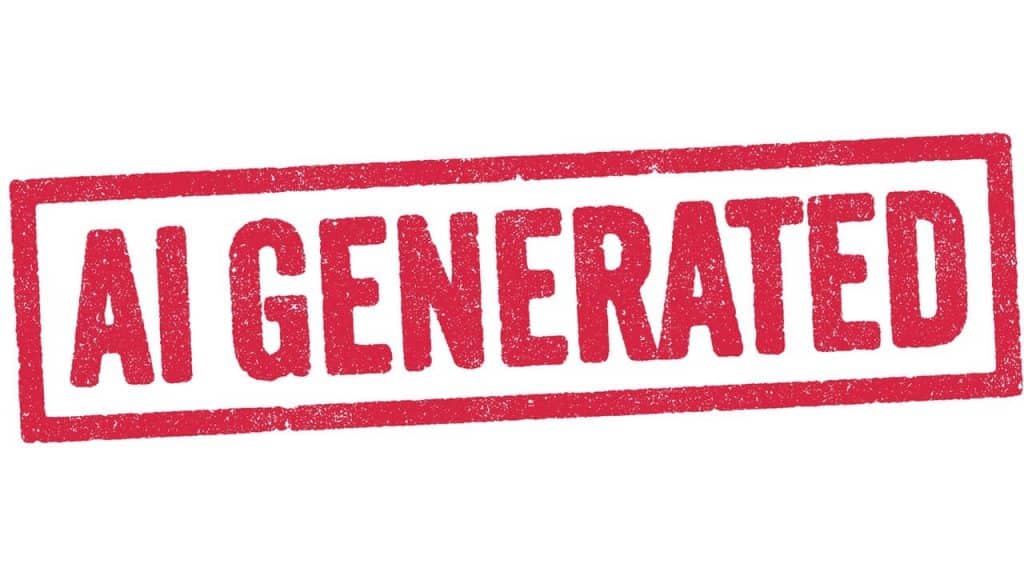Artificial intelligence is facing a slow self-destruction: a phenomenon called AI model collapse, where it learns from itself and the results are terrifying.
Behind the dazzling progress of AI lies a quietly growing threat. As the internet floods with machine-generated content, AI companies are increasingly turning to this same content to train new models. Model collapse, where AI becomes dumber with every generation, degrading from genius to gibberish.
Table of Contents
When Machines Learn From Machines

Let’s get straight to the point: AI systems are being trained on content made by other AIs. That sounds efficient… until you realize it’s like a photocopy of a photocopy; each version gets blurrier, less accurate, and more incoherent.
AI model collapse is what happens when this recursive learning spirals out of control. Imagine AI with digital dementia, forgetting how to think, regurgitating nonsense, and hallucinating facts with unwavering confidence.
This isn’t science fiction. It’s already happening.
How AI Models Are Trained (And Why It’s a Problem)
To understand why this matters, let’s rewind a bit.
Modern AI models are built by training on vast datasets: billions of words, images, and sounds scraped from the internet. This treasure trove is mostly human-made: blog posts, Wikipedia pages, Reddit threads, code repositories, news articles, and more.
But here’s the catch: that well is drying up. High-quality, human-created data is finite. We’ve already scraped most of it.
So what do you do when the good stuff runs out? Apparently, you let AI feed itself.
Why AI Models Collapse When Trained on AI Content
This shortcut, using AI-generated content to train newer models, has a seductive appeal. It’s fast, cheap, and scales infinitely. But it’s also a data death spiral directly to AI model collapse.
Here’s why:
- Contamination: AI-generated text mimics coherence but lacks true understanding. It’s shallow. When future models train on this, they learn patterns of words without meaning.
- Generation Loss: Each new model trained on AI data becomes slightly worse. Like an old VHS tape recorded over too many times, clarity fades into static.
- Irreversibility: Once a model has collapsed, there’s no going back. You can’t “untrain” it or restore its former intelligence. It’s permanently broken.
Even a few rounds of AI-on-AI training can wreck performance across tasks, comprehension, logic, and language fluency; all of it.
The Flood: Millions of AI Posts Are Contaminating the Internet

Every day, millions of AI-generated blog posts, product reviews, images, and social media comments flood the web. They look real. They sound convincing. But they’re not grounded in lived experience or human thought.
Worse, they’re unlabeled. Which means future AI models won’t know what’s real and what’s synthetic. They’ll ingest this polluted stream of content and treat it all the same.
Imagine trying to learn about world history by reading thousands of AI-generated Wikipedia knockoffs. Sounds like a bad idea? That’s exactly what’s happening, and exactly how AI model collapse accelerates.
The Future of AI Reliability Is at Risk
Let’s be blunt: if this continues, tomorrow’s AI will be fluent only in nonsense.
We’re already seeing signs of this, with chatbots confidently spouting wrong answers, hallucinating citations, or “forgetting” how to do math. That’s early-stage AI model collapse.
And the real kicker? No one knows how to fix it at scale. The only solution is prevention, feeding AI clean, human-made data.
But time is running out.
Annotiq’s Thought: Can We Stop AI From Imploding?

Right now, AI companies are in a quiet arms race not to build the smartest model but to secure the last reserves of human-authored content. Private datasets. Closed forums. Offline books. Anything untouched by bots.
If we don’t act now, by labeling AI content, preserving human knowledge, and investing in sustainable data practices, we risk building a future where machines speak fluently but say absolutely nothing.
So ask yourself: when your next AI assistant gives you advice, will it be drawing from the wisdom of humans or just mimicking the echo of machines?



